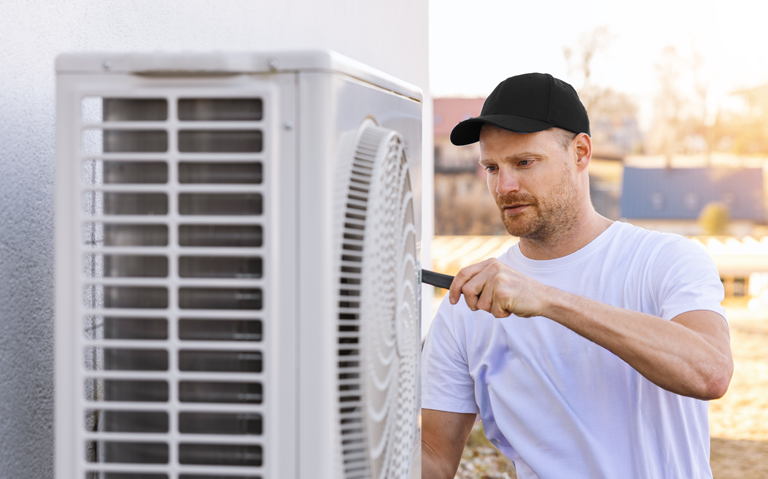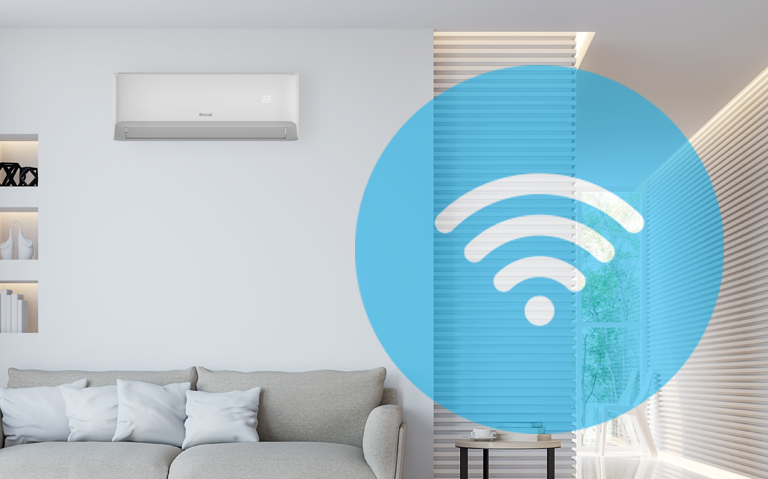To put it simply, a warmer, drier home makes it harder for germs to spread. On the flipside, germs spread easily in cold and damp homes.
The World Health Organisation recommends that our homes be at a minimum temperature of 18°C – or 20°C for homes with young children, elderly or ill people.
Research published in 2010 by the Building Research Association (Branz) found the average evening temperature of New Zealand living rooms during the winter was 17.8°C. But some were a chilly 10°C.
With so many New Zealand homes as cold as this, the result is a reported 1600 deaths every winter.
How does a cold home affect health?
A house that is both cold and mouldy poses the following risks:
- Increased risk of respiratory infections (when indoor temperatures are under 16°C)
- Stress on the cardiovascular system (when indoor temperatures are under 12°C)
- Increased risk of the onset of asthma
- Worsening asthma symptoms
- Respiratory tract infections and bronchitis
(For more, visit Environmental Heath Indicators New Zealand)
Creating a warmer, drier home.

According to energywise.govt.nz, the three essentials to create a healthy, energy efficient home are:
- keeping your home warm
- ensuring your home is dry
- airing it out regularly.
To help keep you and your family warm this winter, Rinnai have a range of heating products to suit all your needs.

If you’re considering installing or upgrading your home’s insulation, you may be eligible for an insulation grant. Check with your local council to find out what is on offer locally. Or call EECA ENERGYWISE on 0800 358 676 or visit energywise.govt.nz to find out about the Warm Up New Zealand: Healthy Homes initiative.
Rinnai, providing you with total home comfort for you and your family.

















